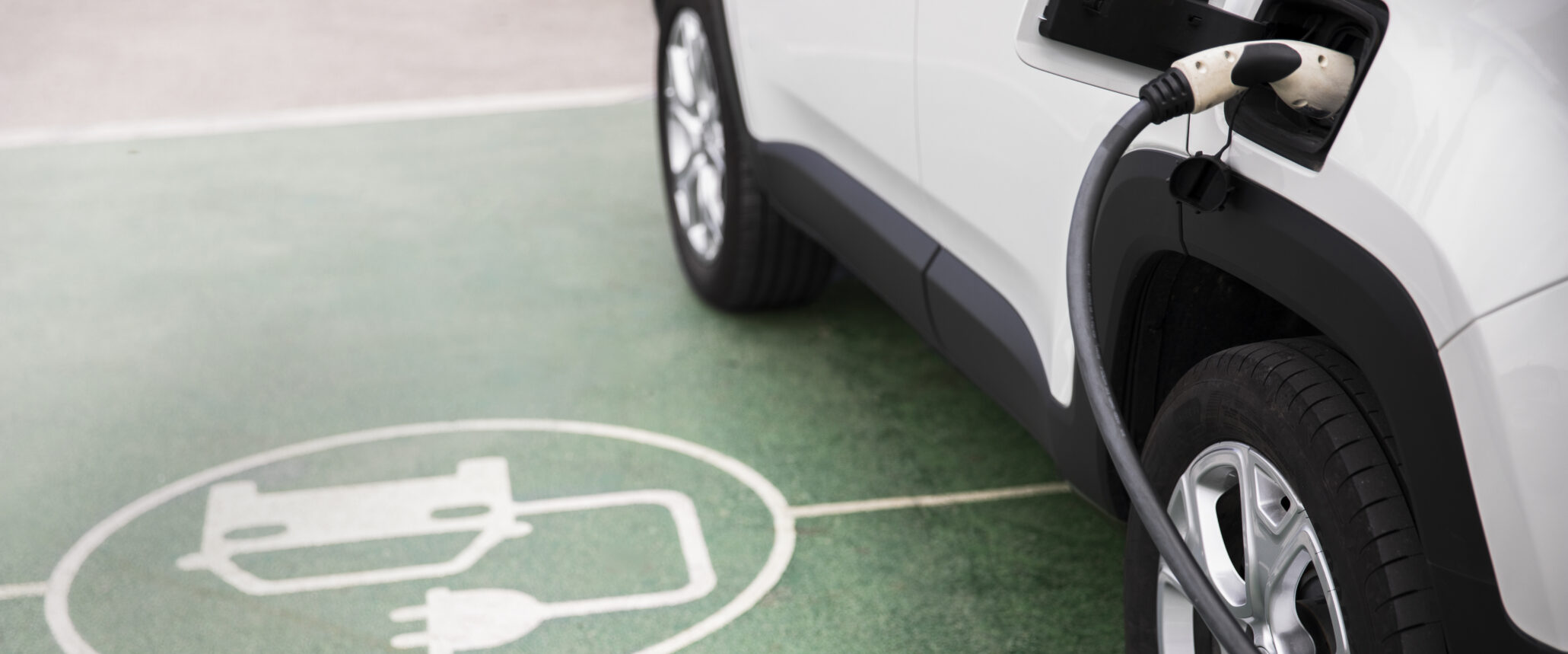What is the ZEV Mandate?
The Zero Emission Vehicle (ZEV) Mandate came into law on January 3, 2024.
It is a government policy tool that requires car manufacturers to sell a certain percentage of electric vehicles each year. Its goal is to reduce the number of internal combustion engine (ICE) cars on the road in order to reduce greenhouse gas emissions (GHG) from transport and help fight climate change.
ZEV Mandates have already been adopted in several countries and states in the United States, the European Union, and China, where it has shown to be successful in increasing the number of EVs on the road and reduce greenhouse gas emissions from transportation.
The ZEV Mandate is a complex policy, but it can be boiled down to a few key points:
- Car manufacturers must sell a certain percentage of ZEVs each year, with the percentage of ZEVs required to sell increasing over time until 100% is reached in 2035.
- Car manufacturers will have ZEV sales converted into certificates and be required to hold a certain number of certificates at the end of each year in relation to the total number of vehicles they’ve sold.
- There are also separate targets for CO2 emissions to regulate non-ZEVs.
- Manufacturers who fail to hit their target will either have to ‘trade’ certificates with other manufacturers who have exceeded their targets, or will be fined £15k per car.
Some of the benefits of having a ZEV Mandate in place include:
- Reduced greenhouse gas emissions as EVs produce zero emissions
- Improved air quality in our towns and cities as EVs do not produce tailpipe emissions
- Increased energy security as EVs by replacing the reliance on oil with largely homegrown energy sources.
- Economic growth and job creation by bringing skilled jobs and investment in the energy and automotive sectors
